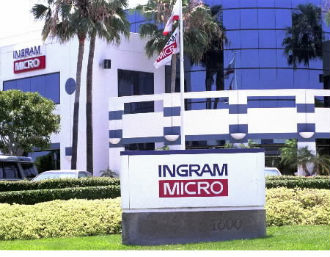 Dell is beefing up its imaging and print strategy partner programme so that it can provide exclusive benefits for its partners.
Dell is beefing up its imaging and print strategy partner programme so that it can provide exclusive benefits for its partners.
Deals up for grabs include rebates on inks and toner, to training and marketing funding, to enable partners to better sell Dell Imaging products and grow their print business by developing profitable, long-term relationships with customers.
According to Dell, it is also offering training and technical support, a dedicated account manager, and a reimbursement of up to 50 percent for marketing investments towards Dell campaigns.
While Dell has had a partnership arrangement for its strategic printing partners since 2008, the terms of this one all is new. It is designed to push sales of Dell mono, colour and multifunction printers.
A Dell spokesman said that the scheme builds on Dell’s existing commitment but provides new benefits.
Dave McNally, Director of Product Marketing, Dell Imaging, EMEA, said that as the growth of Dell’s print business continues to accelerate across key EMEA territories including the UK, Germany and France, it needed committed Partners.
These could come from within the traditional printer market and more widely, to take advantage of the dramatic growth forecasted for Managed Print Services (MPS).
“The Programme builds on our commitment to our channel Partners who continue to focus their print businesses on selling our printers. The Programme provides tools which will be integral in enabling our partners to further grow and strengthen customer relationships, benefitting both Dell and Partners,” McNally said.
Partners must already be Registered, Preferred or Premier Partners in the Dell PartnerDirect Programme to qualify.



















